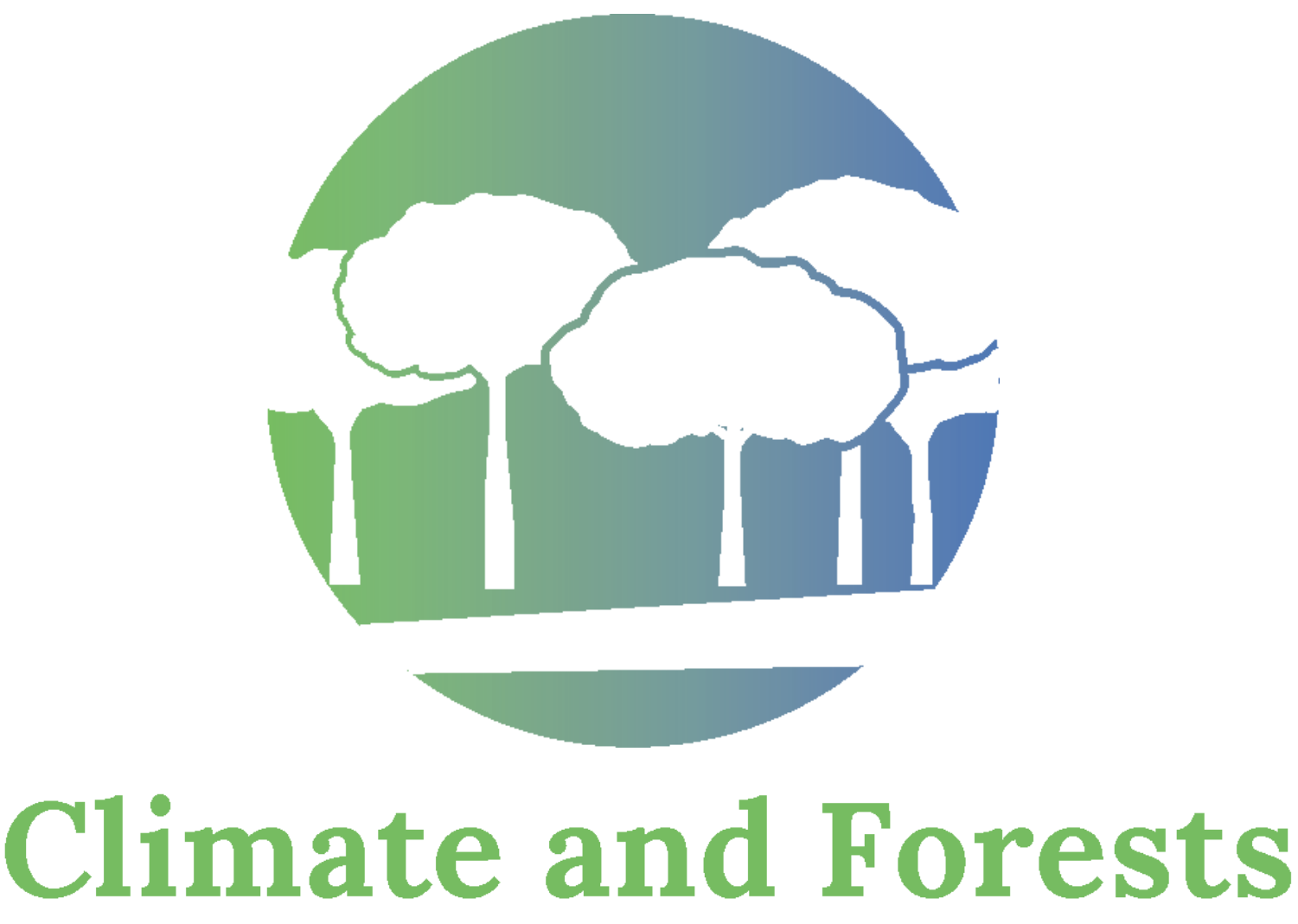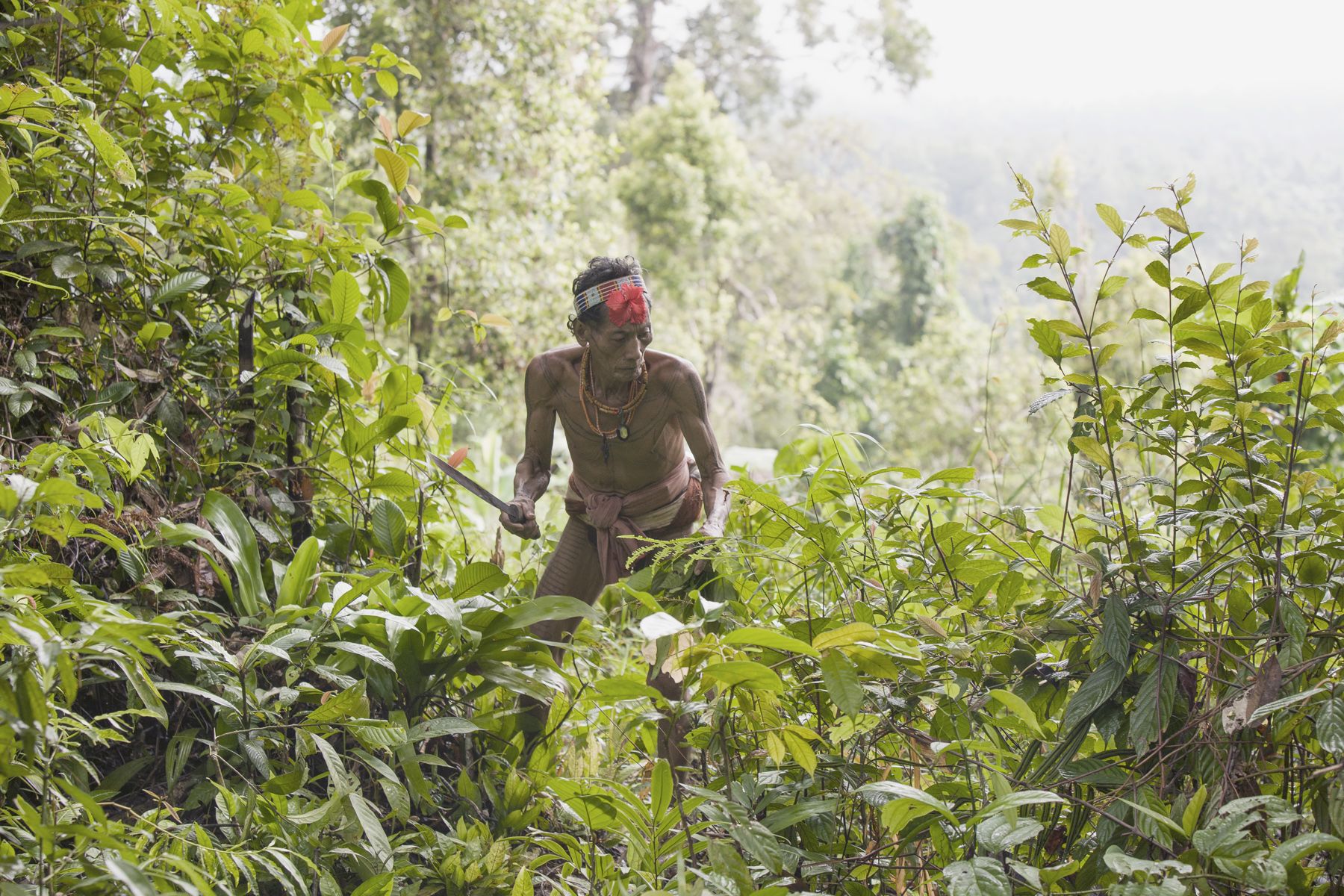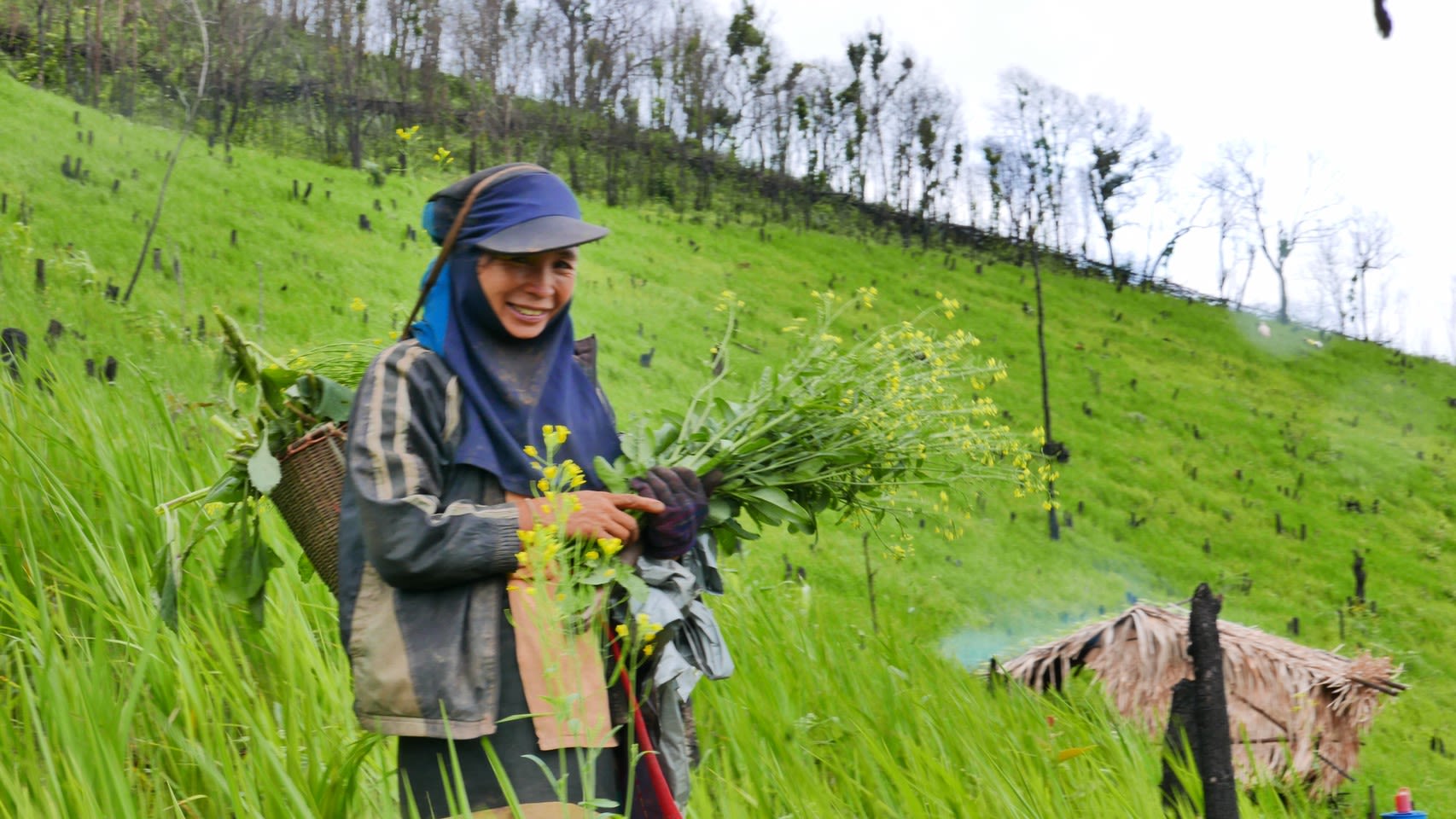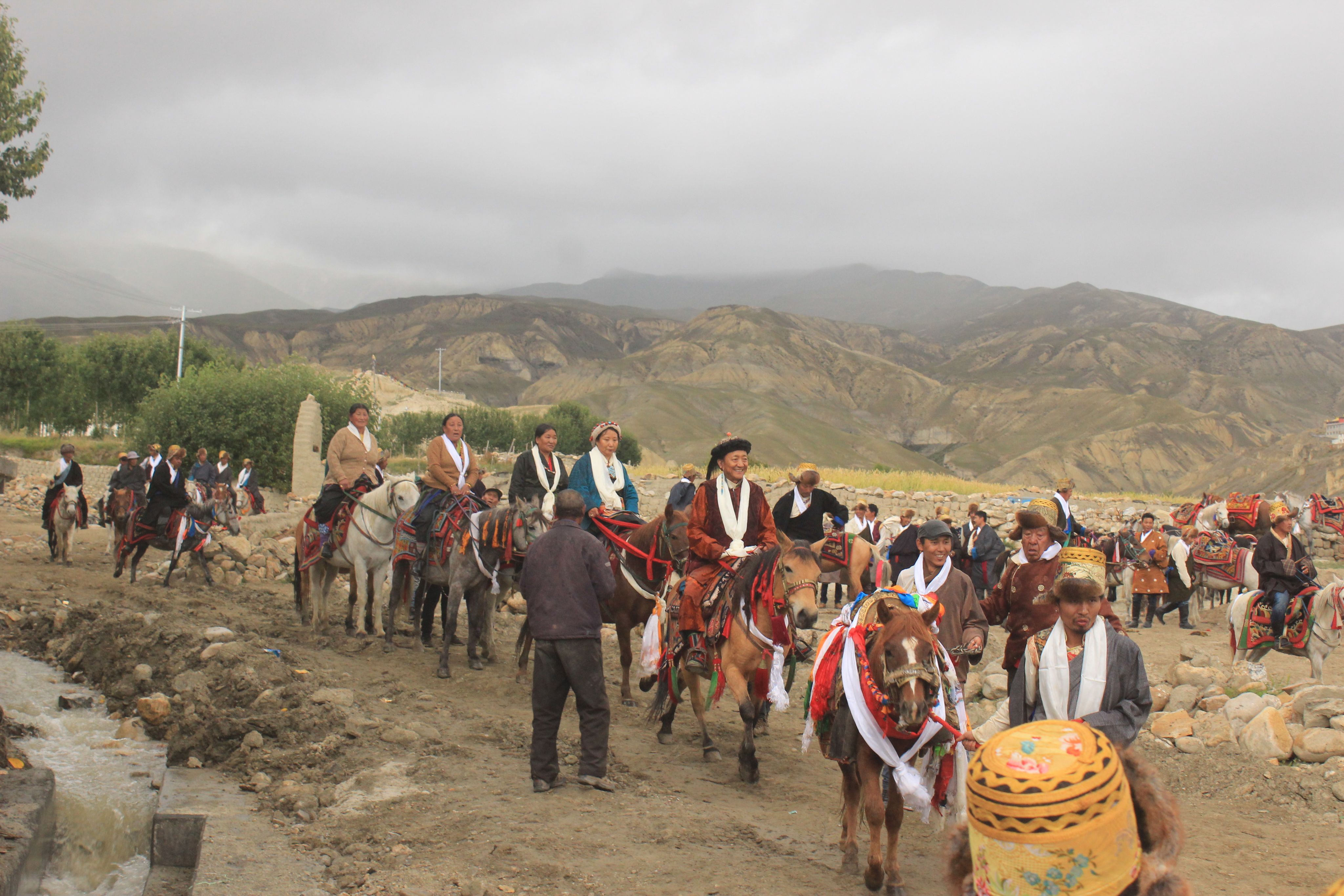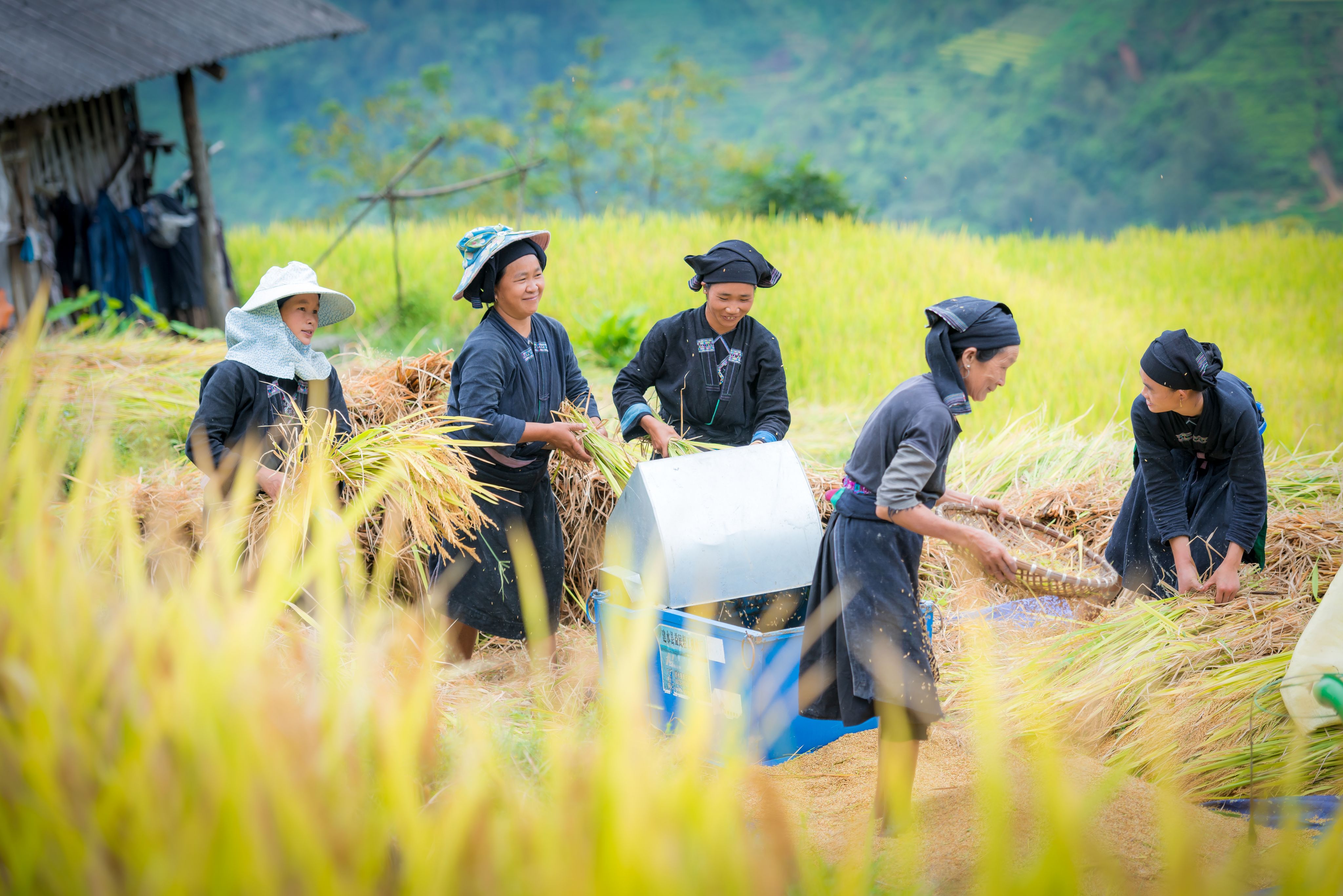Nationally Determined Contributions in Asia
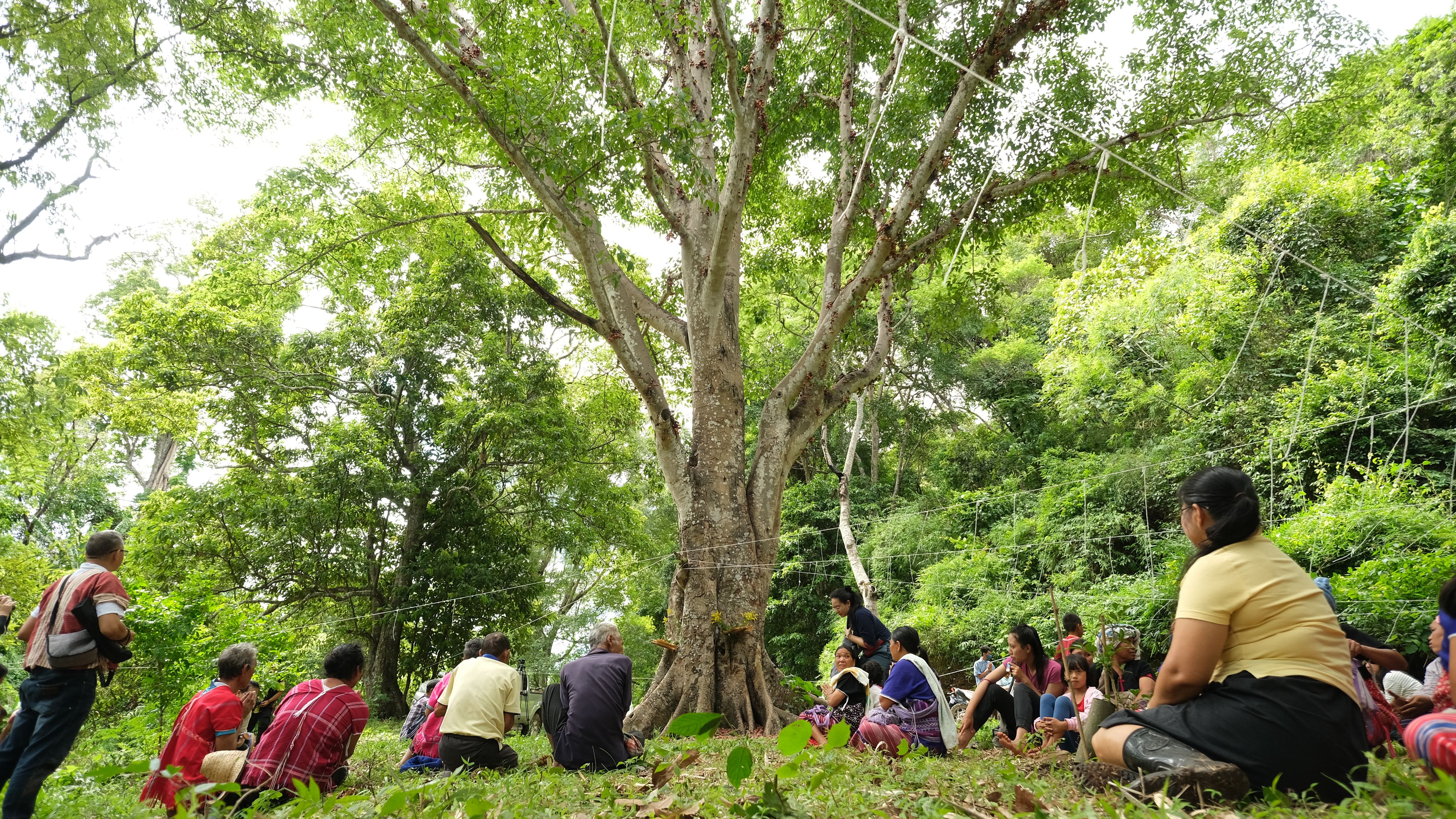
The report The rights, roles and contributions of Indigenous Peoples in NDCs: Experience from Asia was led by the Asia Indigenous Peoples Pact (AIPP) and the Forest Peoples Programme (FPP) and supported by UNDP, the UN-REDD Programme, the Development Cooperation Section of the Embassy of Sweden in Bangkok and the Swedish International Development Agency (SIDA) through Swedbio at the Stockholm Resilience Centre and looks at ways in which the promises made by governments under the first round of NDCs (Nationally Determined Contributions) have been translated into real strategies, policies, laws, and to what extent they include Indigenous People’s rights to their land, forests, waters, and territorial management across Asia
The collection of multimedia stories showcases the work and realities of Indigenous peoples across Asia and illustrates aspects of the study The rights, roles and contributions of Indigenous Peoples in NDCs: Experience from Asia undertaken by the Asia Indigenous Peoples Pact (AIPP) and the Forest Peoples Programme (FPP) over the past two years.
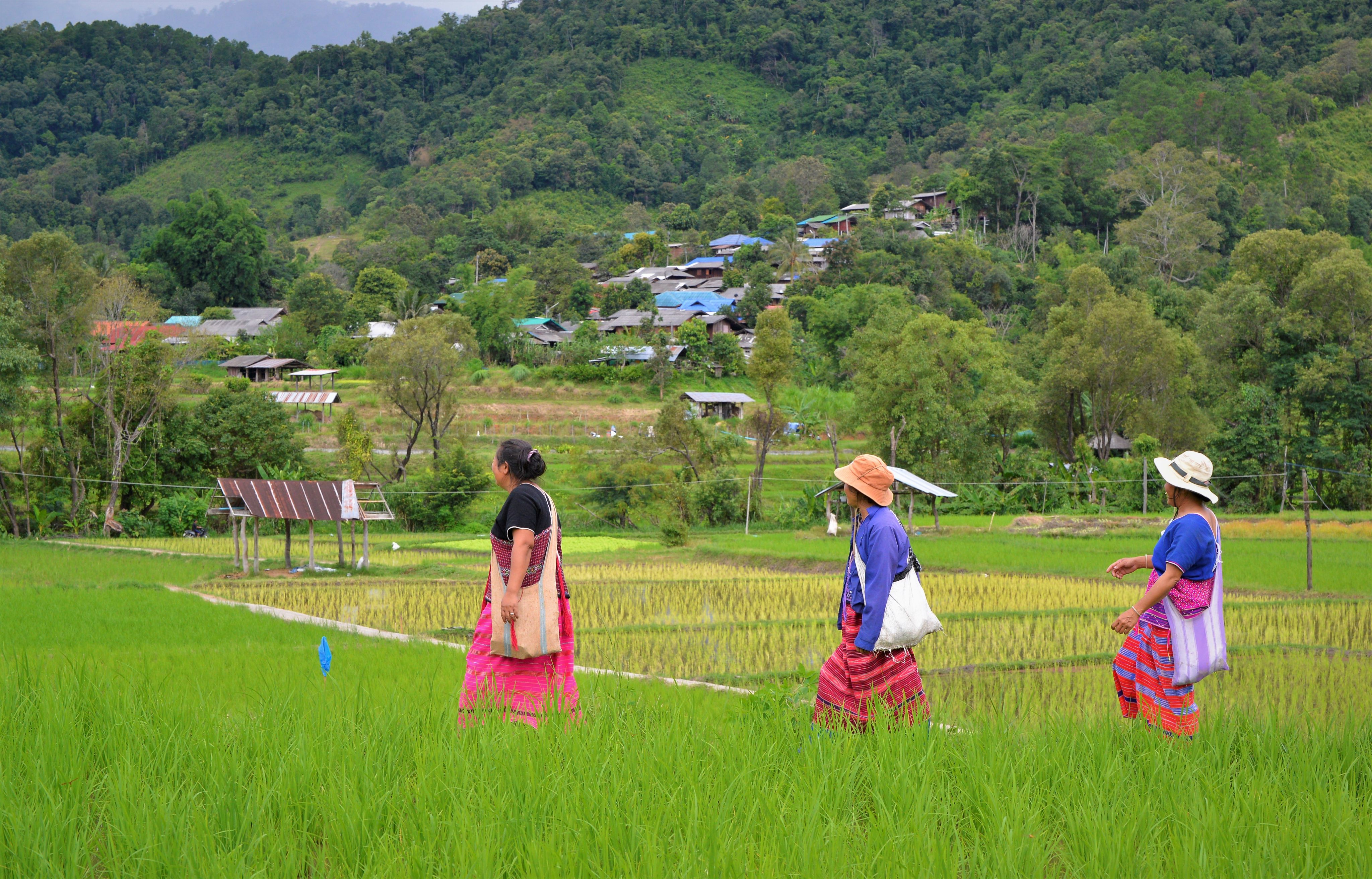

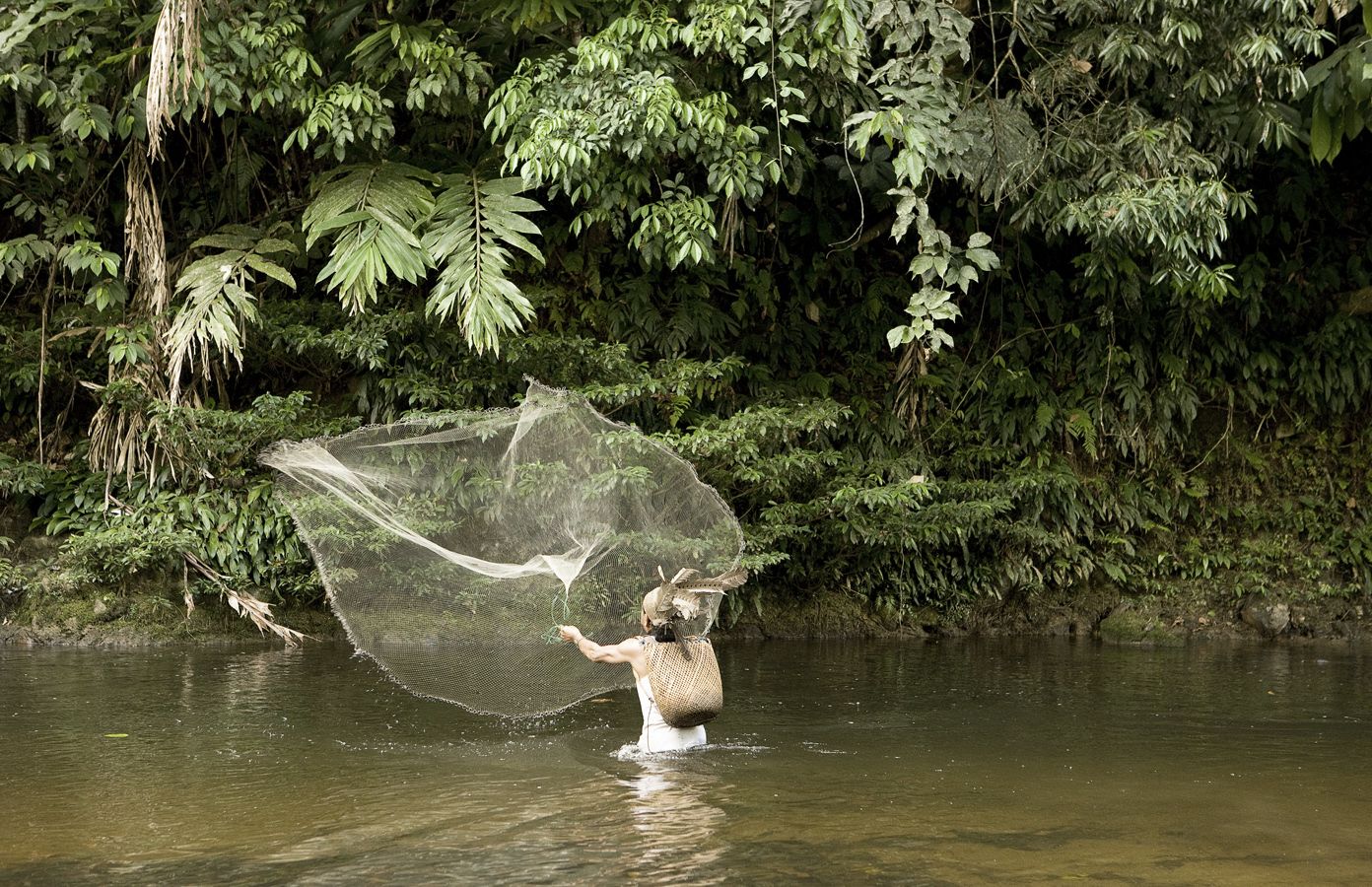
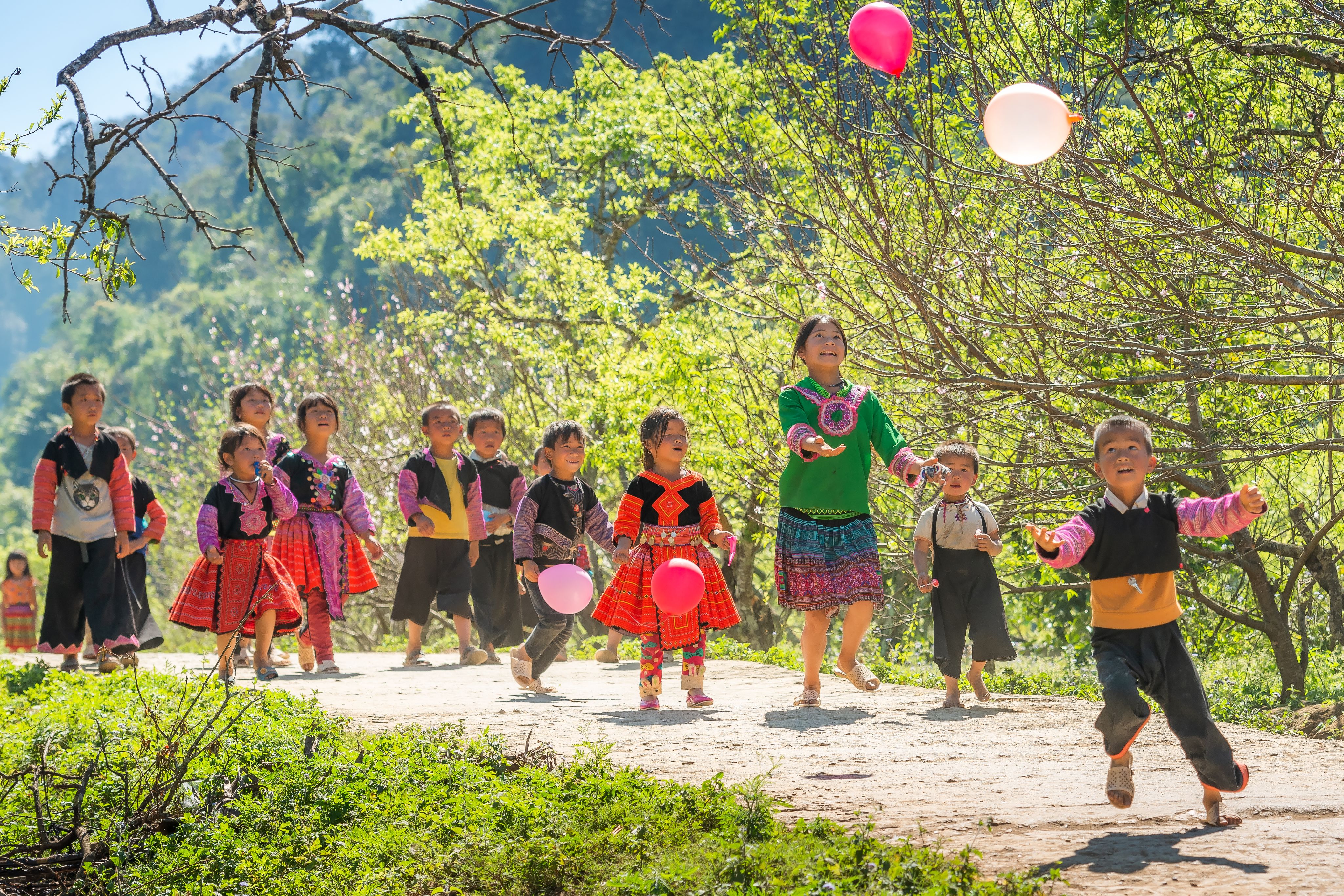
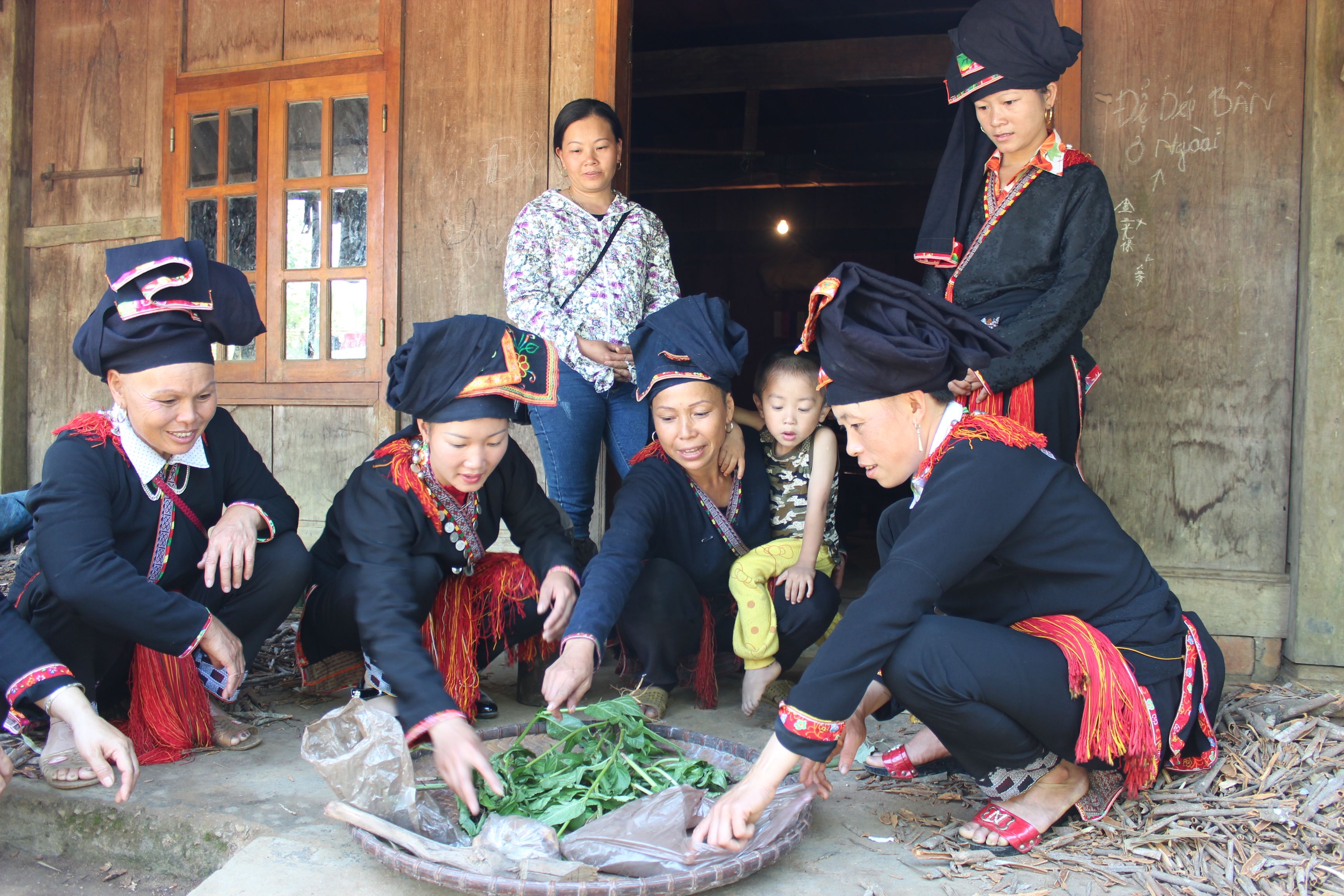
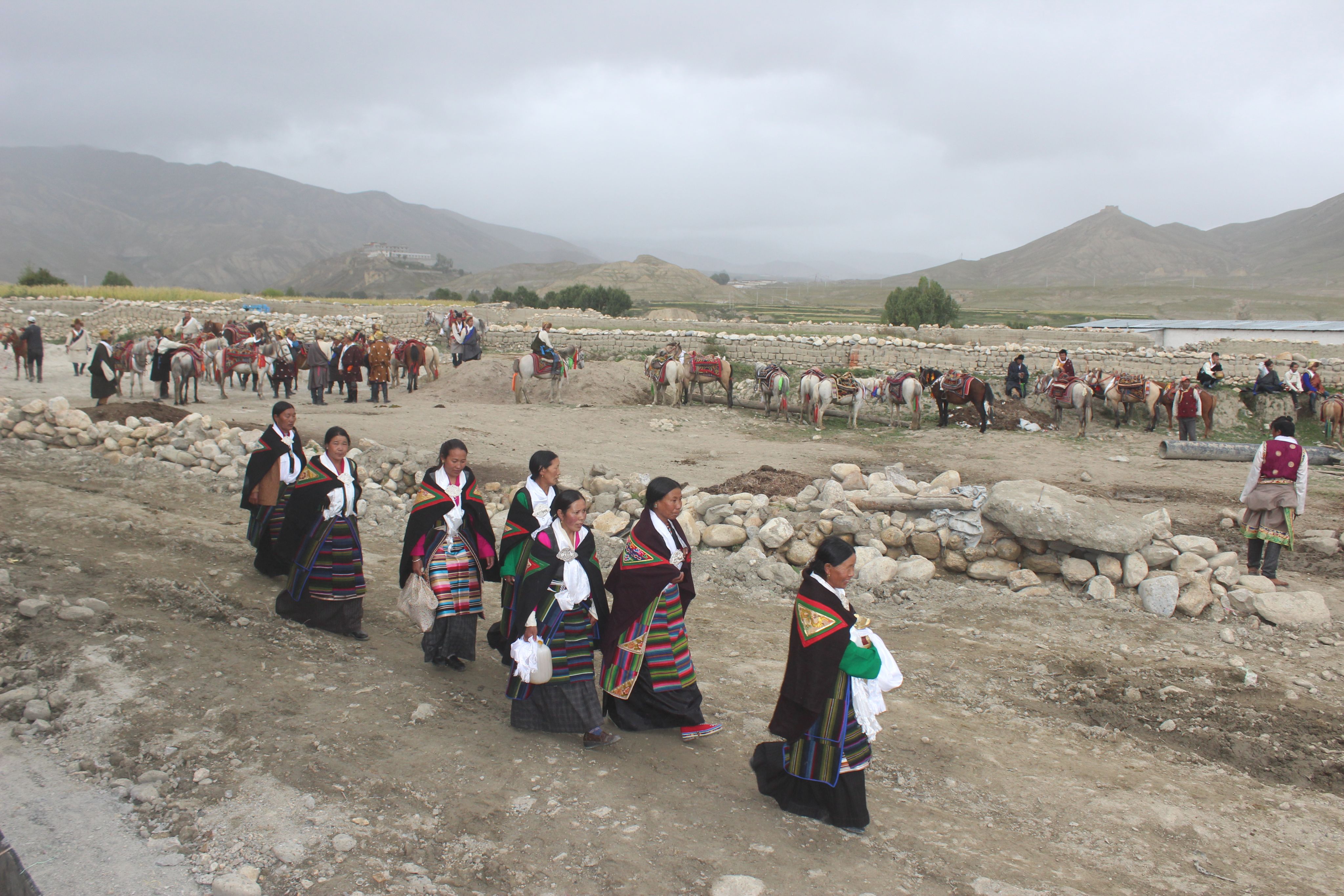
The forest and land use sector can provide up to one third of the emissions reductions needed to avoid the most severe impacts of climate change - approximately 3.3 GtCO2/year of cost-effective mitigation potential in the tropics alone - representing the most significant opportunity to increase the ambition of NDCs in many tropical forested countries. Forests are also central to the traditions, cultures, and livelihoods of some 70 million Indigenous people worldwide who provide environmental stewardship to at least 36 % of the world’s intact forests.
The rights of Indigenous Peoples are protected under international human rights laws and standards and the preamble of the Paris Agreement acknowledges the need for State Parties to respect, promote and consider their obligations to these rights. Efforts to ensure the inclusion of indigenous knowledge in climate mitigation and adaptation measures and to strengthen Indigenous Peoples’ participation in the formal negotiation process of the UN Framework Convention on Climate Change (UNFCCC) have been boosted by the establishment of the Local Communities and Indigenous Peoples Platform.
Using a gender and social inclusion approach, the analysis considers whether each country’s NDC includes specific reference to rights holders such as Indigenous Peoples, including those more marginalized, such as Indigenous women, youth, and persons with disabilities, and whether the NDC explicitly recognizes Indigenous Peoples’ rights, including customary land and resource tenure rights, and the right to Free, Prior, and Informed Consent (FPIC).
The analysis also looks at whether and how NDCs promote or reference traditional knowledge, Indigenous Peoples’ participation, and capacity building and highlights a series of ways that Indigenous women, men, youth, and persons with disabilities contribute to the goals of the Paris Agreement: by protecting forests and biodiversity, increasing the amount of carbon dioxide sequestered; protecting and restoring customary rules, practices, and traditional livelihood activities; maintaining and transferring their knowledge and wisdom on how to adapt to harsh climatic conditions; and providing inspiring examples of food system resilience.
